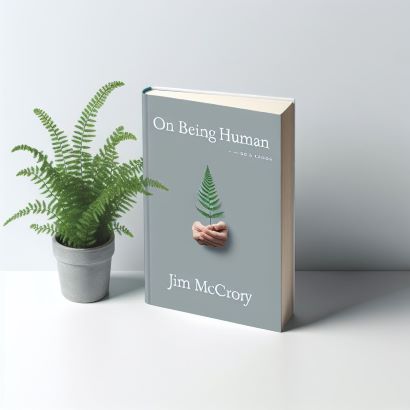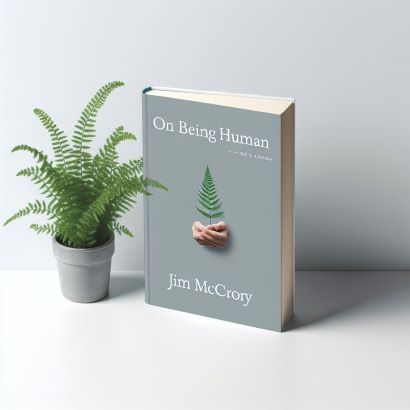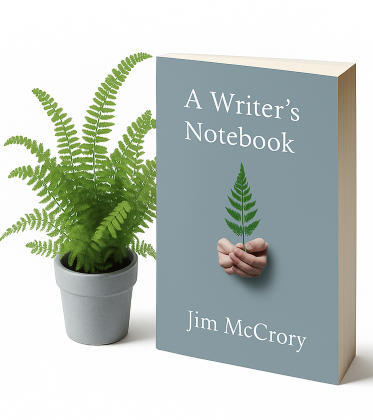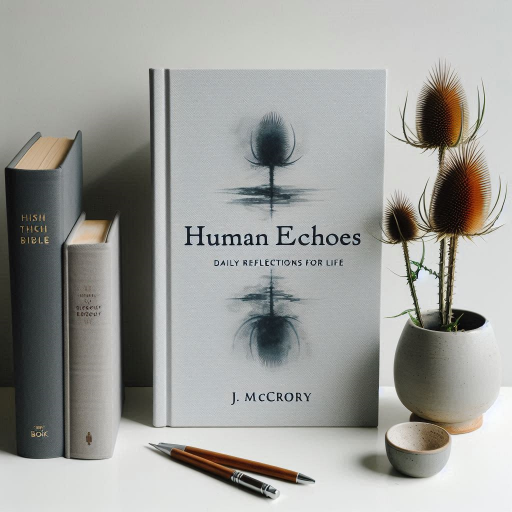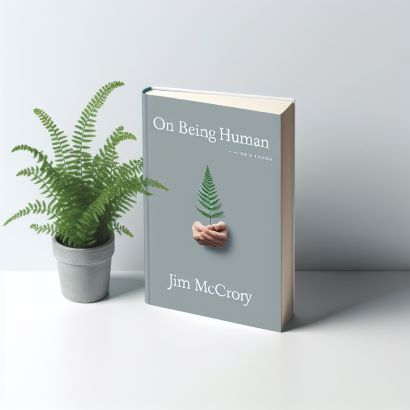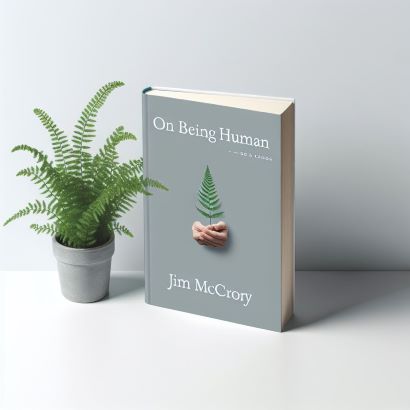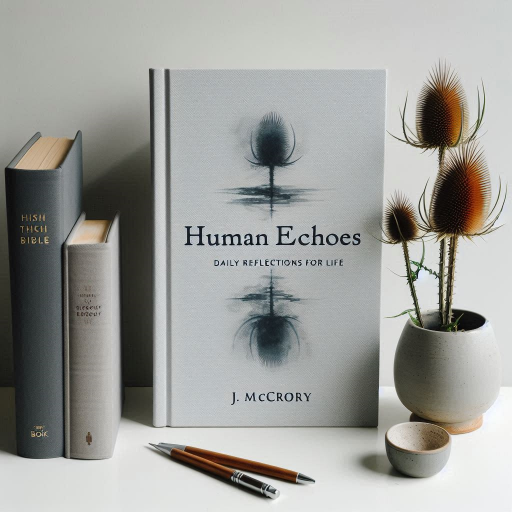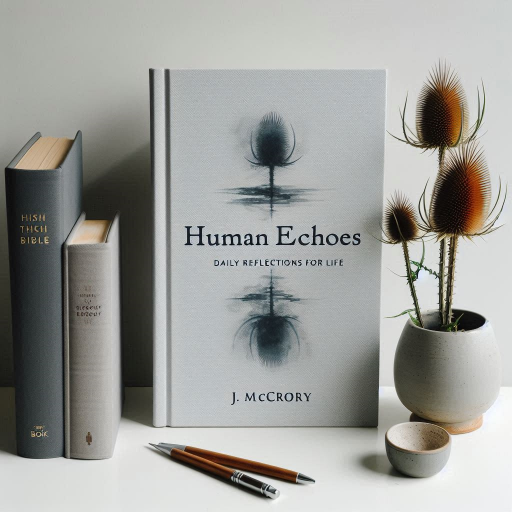
Image generated with the assistance of Microsoft Copilot
What Compels the Electron to Spin Round the Atom?
We are used to thinking of the world as solid and dependable. The table under our hands. The spoon in our tea. The feel of the ground beneath our feet. But the deeper we look into what things are made of, the less solid they become. Beneath every surface lies a hidden world of atoms, and inside each atom—a dance of particles that defies simple explanation. Chief among these is the electron, a tiny particle of negative charge, endlessly moving, mysteriously suspended, bound to the nucleus of the atom by forces we cannot see.
In old science textbooks, the electron was often pictured as a miniature moon orbiting a tiny sun. That’s how many of us learned it. But the truth, as scientists now understand it, is far more strange—and far more beautiful. The electron doesn’t orbit in circles. It exists in regions called “orbitals,” places where it might be found, not places where it certainly is. It’s not spinning like a top or circling like a planet. It’s behaving like a wave and a particle at the same time. And it’s held in place—not by strings or levers—but by invisible laws of nature. So what compels the electron to move? What keeps it from falling into the nucleus, or flying away into the void?
Science speaks of electromagnetic attraction and quantum principles. And rightly so. But beyond the mechanics lies a deeper wonder—a spiritual question: Who wrote the laws? Why does anything obey them at all?
The writer of Hebrews puts it this way: “By faith we understand that the universe was formed at God’s command, so that what is seen was not made out of what was visible” (Hebrews 11:3). That verse, penned nearly two thousand years ago, reads today like a quiet summary of quantum physics. The visible world, the world we touch and measure, rests on things that are not visible. Unseen forces shape reality. And from a Christian perspective, those unseen things are not simply forces. They are the design of a Creator.
What compels the electron? It is drawn by the same laws that compel the stars to burn and the waves to rise. It follows a path laid out in the deep architecture of the universe—an architecture spoken into being by a God who delights in order, mystery, and life. The electron does not know why it moves. But it moves. It obeys. And in its obedience, it allows everything else to exist.
And isn’t that a picture of faith? Most of us do not fully understand the path we are on. We cannot see the end from the beginning. Yet we are drawn forward by unseen convictions, quiet hopes, and invisible hands. Like the electron, we find ourselves part of something of a larger part of a design we didn’t invent and cannot control. But the beauty lies in the trust. In moving forward. In keeping faith.
So the next time you look at your hand, or sip from a cup, or simply sit still in the quiet of the morning, consider this: the world you see is built on what you do not see. The electron spins not because it chooses to, but because it must. And in that tiny, invisible movement, held in place by mystery, is written the fingerprint of God.




